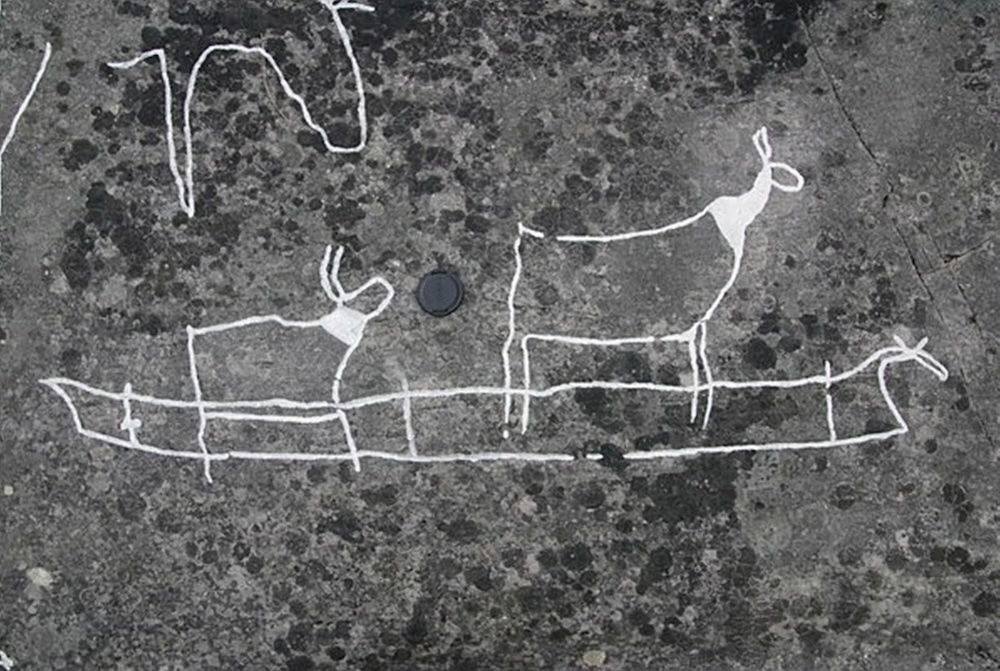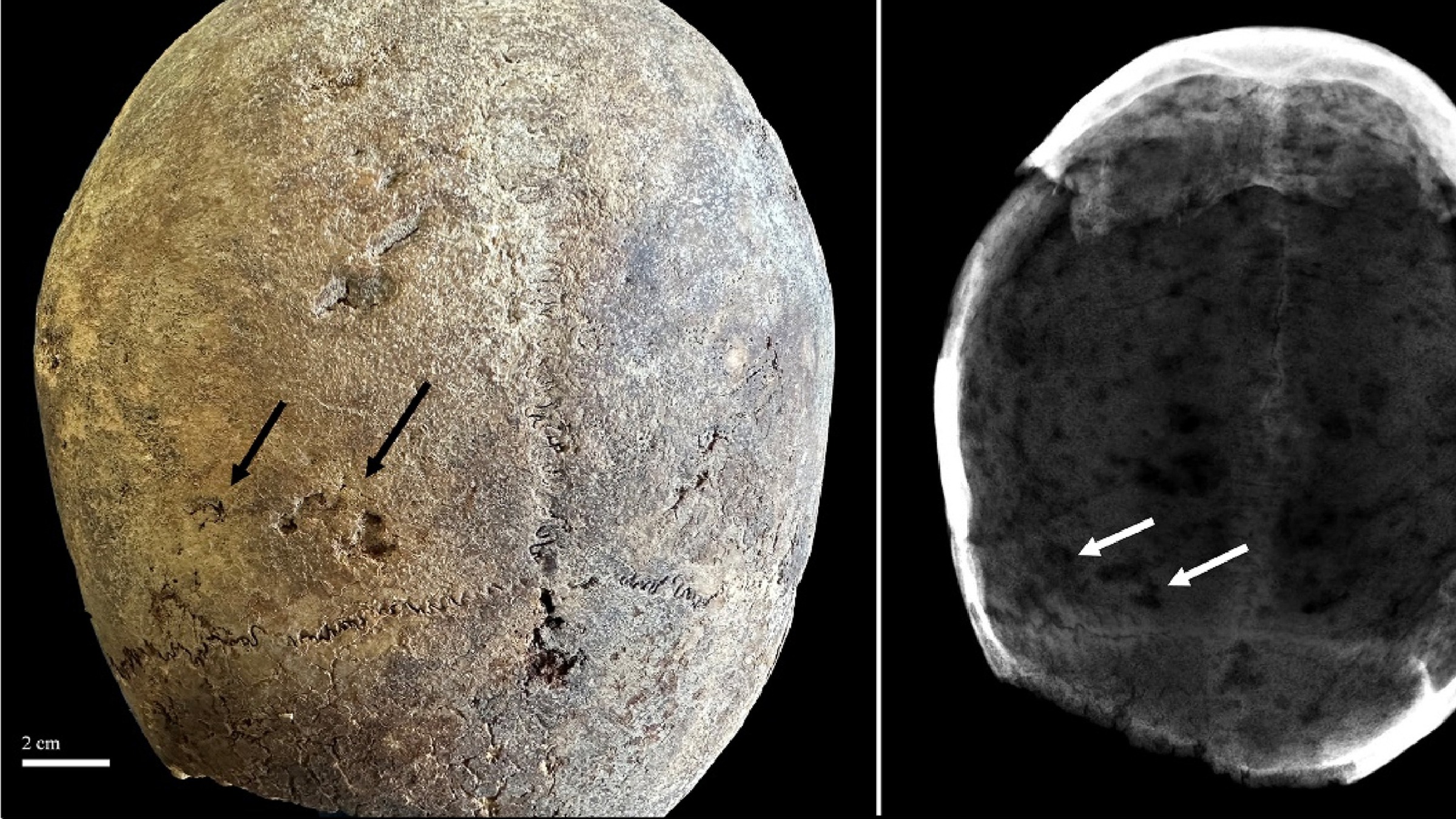Remote Sensing, Vol. 16, Pages 2506: Intelligent RCS Extrapolation Technology of Target Inspired by Physical Mechanism Based on Scattering Center Model
Remote Sensing doi: 10.3390/rs16132506
Authors: Fang-Yin Zhu Shui-Rong Chai Li-Xin Guo Zhen-Xiang He Yu-Feng Zou
In this paper, a technology named SCM−ANN combining physical scattering mechanisms and artificial intelligence is proposed to realize radar cross-section (RCS) extrapolation of non-cooperative conductor targets with higher efficiency. Firstly, an adaptive scattering center (SC) extraction algorithm is used to construct the scattering center model (SCM) for non-cooperative targets from radar echoes in the low-frequency band (LFB). Secondly, an artificial neural network (ANN) is constructed to capture the nonlinear relationship between the real LFB echoes and those reconstructed from the SCM. Finally, the SCM is used to reconstruct echoes in the high-frequency band (HFB), and these reconstructions, together with the trained ANN, optimize the extrapolated HFB RCS. For the SCM−ANN technology, physical mechanistic modes are used for trend prediction, and artificial intelligence is used for regression optimization based on trend prediction. Simulation results show that the proposed method can achieve a 50% frequency extrapolation range, with an average prediction error reduction of up to 40% compared with the traditional scheme. By incorporating physical mechanisms, this proposed approach offers improved accuracy and an extended extrapolation range compared with the RCS extrapolation techniques relying solely on numerical prediction.

 2 months ago
14
2 months ago
14


